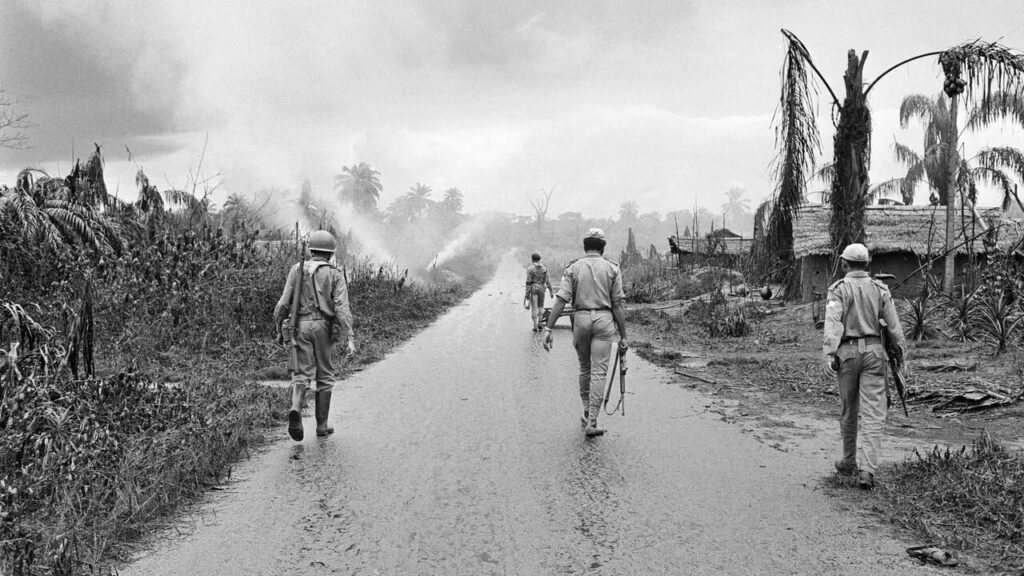Echoes of a Forgotten War: Why Let My People Go Still Matters Today

Echoes of a Forgotten War: Why Let My People Go Still Matters Today
History has a way of slipping into silence when people stop talking about it. In Nigeria, the Civil War is one of those silences. It is rarely taught in schools, and for many young people, it feels like something far away, almost unreal. But for those who lived through it, the war was never just a chapter in a textbook. It was hunger and fear. It was the sudden loss of neighbors and friends. It was families torn apart, homes abandoned, and futures put on hold. It was the kind of experience that stays with you for life, shaping the way you see yourself and your country.
In his new book Let My People Go, Onyemaechi Emmanuel Okoro breaks that silence with honesty and courage. He writes not as a distant historian, but as a young boy whose life was caught in the middle of the storm. He brings readers into a world where school exams and boyhood dreams existed side by side with gunfire and betrayal. He captures the confusion of being young and trying to understand why leaders who promised unity allowed division to run so deep, and why soldiers who were meant to defend the nation turned their weapons on their own people. The story is painful, but it is told with such sincerity that it becomes impossible to look away.
What makes this book different is how personal it feels. Instead of retelling the war through numbers and dates, Okoro tells it through lived experience. He remembers the ordinary details that most history books leave out, teachers trying to soften the truth for their students, families clinging to hope while listening to rumors on scratchy radios, and children dreaming of new school uniforms while the world around them fell apart. By placing these small, human details next to the sweeping violence of war, the book makes history real again. You don’t just read about what happened, you feel it.
Okoro doesn’t hide from the hard questions. He speaks directly about the failures of leadership, the betrayals, and the decisions that cost millions of lives. Yet his voice is not one of bitterness. Instead, it is a voice of survival. Through all the heartbreak, he shows us the resilience of communities that refused to surrender to despair, the courage of families who risked everything for their children’s safety, and the determination of young people who continued to chase education even when the world seemed to be collapsing. His words remind us that even in the darkest seasons, hope has a way of pushing through.
Reading Let My People Go today feels urgent, because many of the challenges that fueled the war, tribal distrust, political manipulation, and the misuse of power, are still present. The book is not just about what happened decades ago. It is about what happens when a nation forgets to learn from its past. It is a mirror, reflecting back both the mistakes that scarred a generation and the lessons that can still guide us forward. By remembering, we give ourselves a chance to choose differently. By ignoring, we risk falling into the same patterns again.
Above all, this book is about refusing silence. It is about giving voice to a generation that lived through unimaginable pain and yet carried on. It is about telling the truth so that the young will understand where they come from and why it matters. It is a deeply human story, written with the kind of honesty that lingers long after the last page is turned. Whether you are a student discovering this history for the first time, a parent determined to pass on stories to your children, or simply a reader who loves to be moved by authentic storytelling, this book will stay with you.
Let My People Go is more than a memoir; it is a call to remember, to reflect, and to rebuild. It reminds us that history may hurt, but it also has the power to heal if we are willing to face it. And that is why this story matters, not only for Nigeria, but for anyone who believes that the past should never be buried in silence.